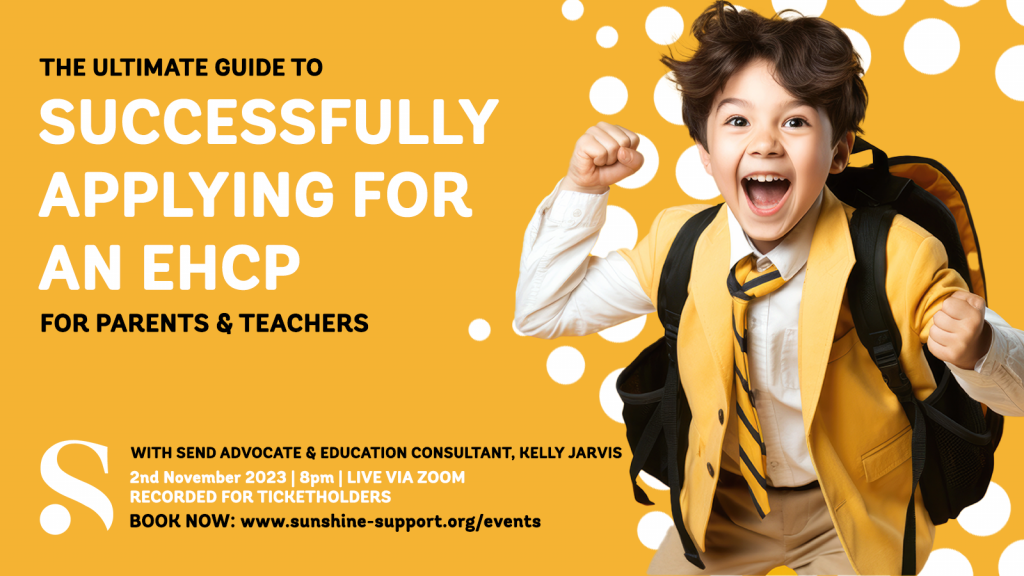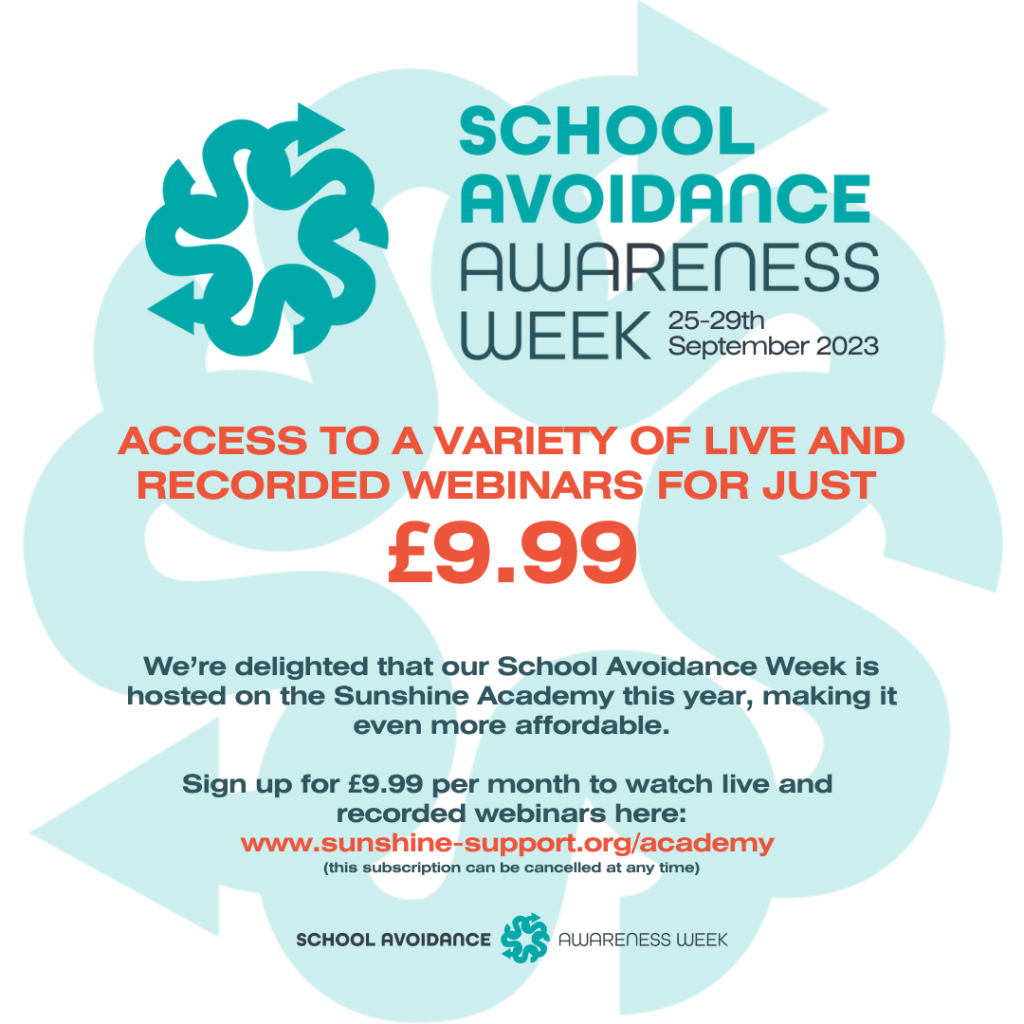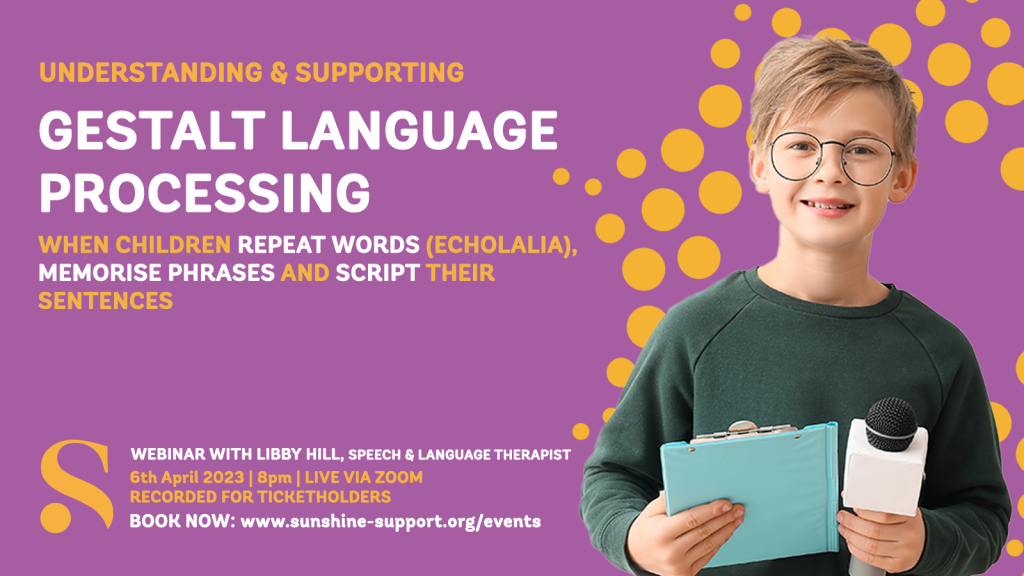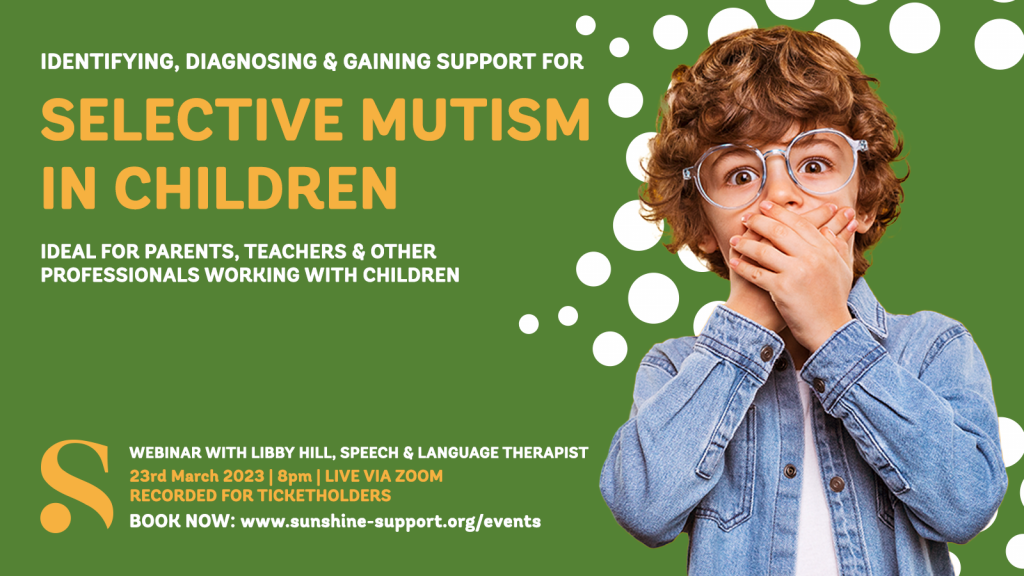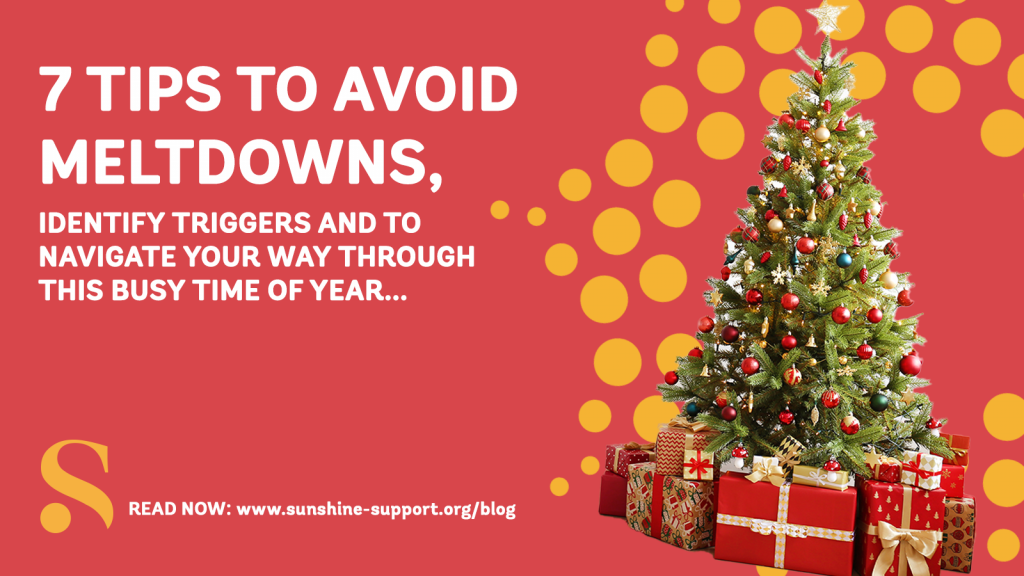
Ho ho ho and a very merry CHOAS!
Who doesn’t love the festive season? It’s a time to come together and share, celebrate and relax… However, so many parents are too busy trying to manage the needs of individuals within their families that they don’t get a chance to enjoy the festivities. Fortunately, we can help with that!
Here are here top 7 tips to avoid meltdowns, identify triggers and to navigate your way through this busy time of year…
1. PLAN
You know your child best and you know the things that will cause distress. Think about these well in advance and make a plan. This could be about preparing your child and taking their lead. Make a calendar for December showing clearly when things are happening, events, decorating the tree, school ends, family visits and Christmas shopping.
Allow some input into the activities to give an element of control and ensure they are doing some activities they enjoy.
2. IDENTIFY POTENTIAL TRIGGERS
· Anxiety
· Food
· Wider family visiting
· Christmas Nativity Play
· Christmas Parties or School Fayres
· Surprises
· Father Christmas
· Change of routine/lack of structure
3. TALK TO SCHOOL
Communicate with school your concerns with school and come up with a plan for a run up to Christmas that keeps anxiety and stress to a minimum for the child.
Use social stories and visual prompts where appropriate.
4. Make Allowances & Pick your Battles
Think about how you can manage some of the tricky situations that may arise.
This could be food, socialising or activities.
What are your expectations? What are the priorities, and can there be any adaptations or adjustments made?
5. SURPRISES
Some children with Autism do not like surprises! So, receiving unknown gifts can cause anxiety. Perhaps thinking about allowing them to create a list (to a budget!) and sticking to it.
Try not to make them open their presents from wider family in front of them – they may prefer to do this without an audience.
6. Christmas Dinner
Do they need to eat the same as everyone else?
If you are going to eat with wider family perhaps take some food that you know they will eat.
Think about crackers at the table and whether this might cause an issue.
7. SOCIALISING
When visiting family and friends take activities that your child can do whilst others are socialising. This could be technology, a puzzle or colouring depending on what works for your child.
If possible, aim to have somewhere quieter where they can sit. Advice from my own child is that she likes to feel part of what’s going on without actively being part of what’s going on.
Schedule plenty of down time too.
If you’d like to read more about Neurodiversity at Christmas CLICK HERE to read our lived experience blog.

